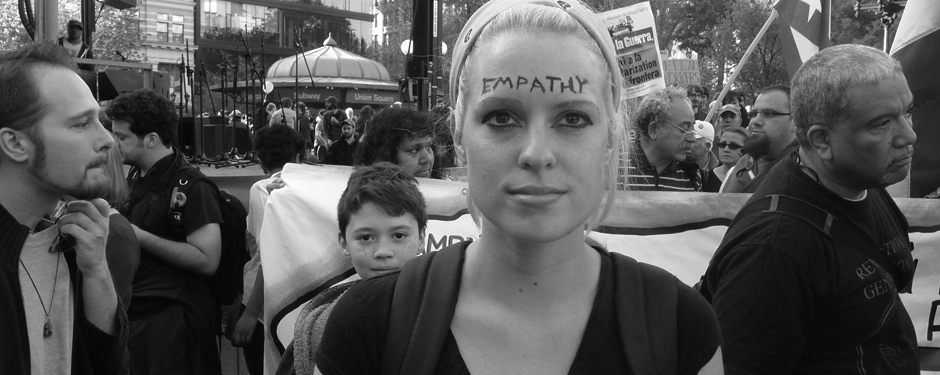The end of the world as we know it: Four novels of climate change
Document Type
Book Review
Publication Date
Fall 2018
Abstract
Clade by James Bradley. Titan Books, 2015.
Beast by Paul Kingsnorth. Graywolf Press, 2016.
The Sunlight Pilgrims by Jenni Fagan. Hogarth, 2016.
Future Home of the Living God by Louise Erdrich. HarperCollins, 2017.
The four novels considered here explore the uncanniness, the familiar strangeness, in human beings' relationships to unstable natural environments. The novels have in common moments of wonder, as characters enmeshed in unfolding crises of the near future encounter never-before-seen phenomena, the results of natural systems tampered with and distorted by humans—or, in the case of Beast, as they reacquaint themselves with the mystery of the natural world. Families in these books tend to be small and scattered; the only child is prevalent here. The fact that none of these books' characters reproduce at the replacement rate gives the impression that humans are ceding ground. In the end times of the Anthropocene, these narratives depict the nonhuman environment not as inert victim but as transforming force, which humans can no longer make the mistake of pretending to control.
Publication Title
The Missouri Review
Recommended Citation
Carpenter, S.
(2018).
The end of the world as we know it: Four novels of climate change.
The Missouri Review,
41(3), 170-183.
http://doi.org/10.1353/mis.2018.0039
Retrieved from: https://digitalcommons.mtu.edu/humanities-p/4


Publisher's Statement
Publisher's version of record can be accessed via Project Muse: https://dx.doi.org/10.1353/mis.2018.0039